
Rethinking Success and Purpose: From Arrival to Alignment
Many of us live with a quiet restlessness — the sense that no matter what we achieve, it’s never quite enough. We chase the next milestone, hoping it will finally deliver the peace we’ve been working toward. We keep striving, adding goals, pushing harder — not always because we want more, but because something inside us whispers that we should be further along.

Rebuilding After Religious Trauma: Questions to Reclaim Belief, Identity, and Self
Adverse religious experiences and religious trauma can leave lasting imprints on a person’s beliefs, identity, and sense of safety in the world. For many, healing is not simply about rejecting a belief system but about reconstructing meaning, values, and selfhood after spiritual harm.

A Guide to Religious Trauma & Spiritual Abuse
Religious trauma refers to the lasting psychological, emotional, or social harm that can result from damaging religious experiences. It often involves chronic fear, shame, or loss of identity connected to one’s faith community or belief system. For some, the trauma persists long after leaving the environment that caused it.

Burnout: Why Rest Feels So Hard
Many people who reach the point of burnout realize something: they’ve never actually learned how to rest. Not really. What they call “rest” is often stimulation—scrolling, watching, gaming, or doing small projects—while their nervous system stays on overdrive. And when the body truly demands deep rest, different inner critics often appear.

Compassion for Your Inner Self: Healing from Religious Trauma
Dealing with religious trauma can leave you feeling stuck, judged, or like you’re carrying around your whole family’s or church’s shame. It can make you question your worth, replay painful memories, or feel trapped by rules and messages you didn’t choose. Starting to look inward can feel overwhelming, like you’re trying to untangle a knot that’s been tied for years. Perhaps the missing piece is learning to give yourself compassion.

Self-Compassion for Social Anxiety: A Step-by-Step Guide
Having overwhelming anxiety before a presentation, social event, a difficult conversation, or even a phone call is an exhausting state of being. When your mind starts running through “I can’t do this” or “they’ll see I’m nervous,” it’s easy to spiral into harsh self-judgment. That’s where self-compassion comes in.

Beyond Roles and Expectations: Rethinking Identity in Perfectionism and Performance Anxiety
When who you are feels like what you do, failure in one role can feel like failure as a person. For those facing perfectionism, social or performance anxiety, this fragile sense of identity leads to burnout and constant pressure.
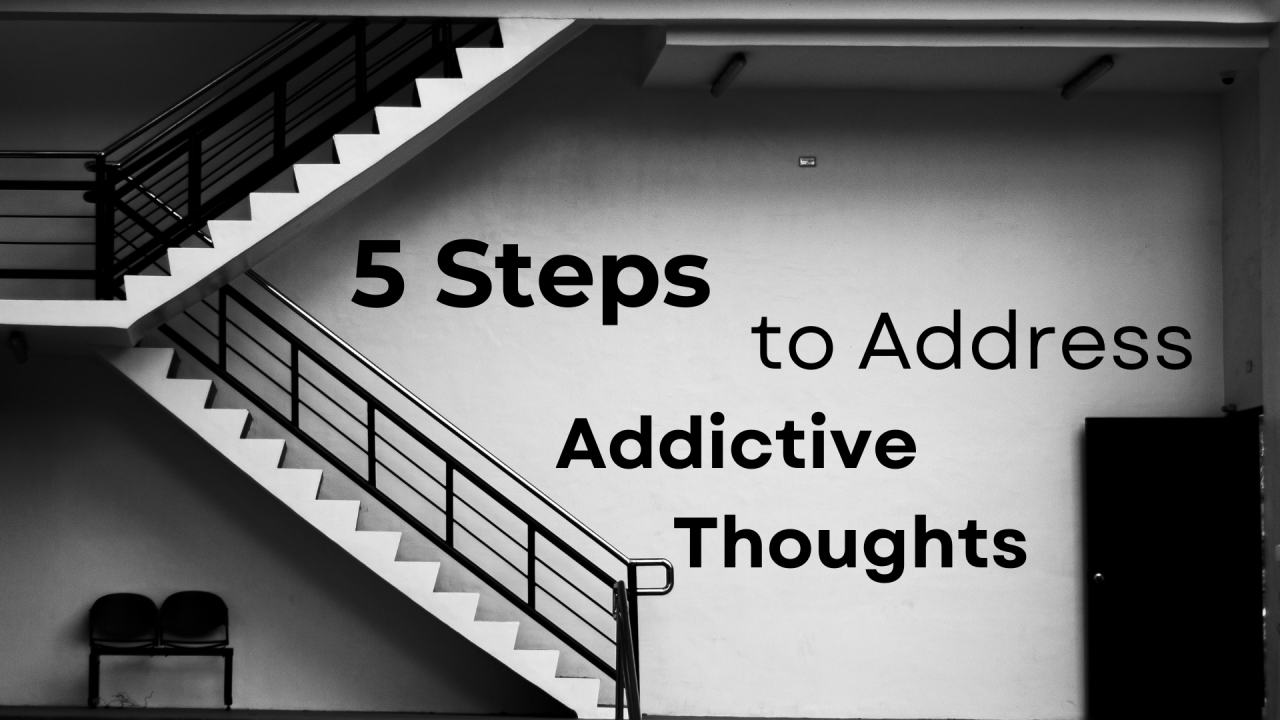
Overcoming Pornography Addiction: 5 Steps to Address Addictive Thoughts
The first step is to identify the addictive thought or urge for what it truly is—a manifestation of addiction—rather than mistaking it for reality. For example, instead of thinking, “I need this to relax,” you might say, “This is an addictive thought creating the illusion of need.”
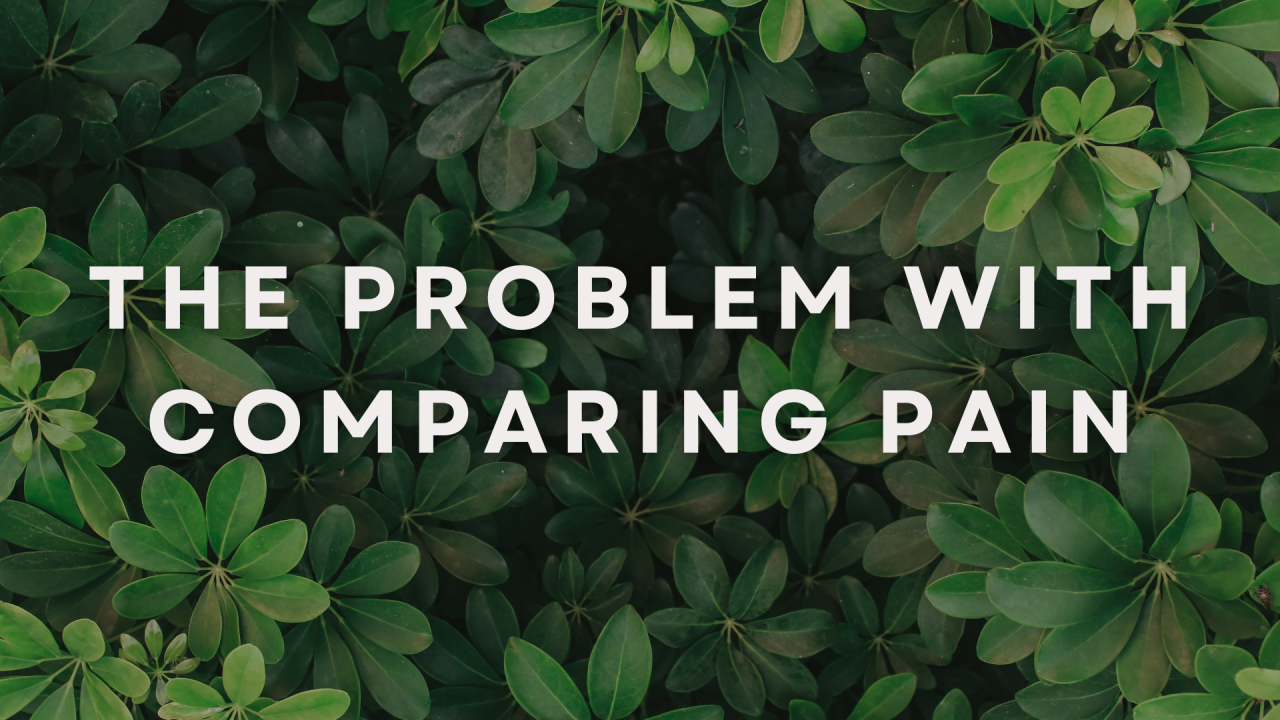
The Problem with Comparing Pain: Healing from Religious Trauma
When we tell ourselves, “I shouldn’t feel this way because someone else has it worse,” we invalidate our own experience. Denying or downplaying our pain doesn’t resolve it; it buries it. Emotional pain, much like physical pain, demands attention. If ignored, it festers, often manifesting in anxiety, depression, or other mental health challenges.
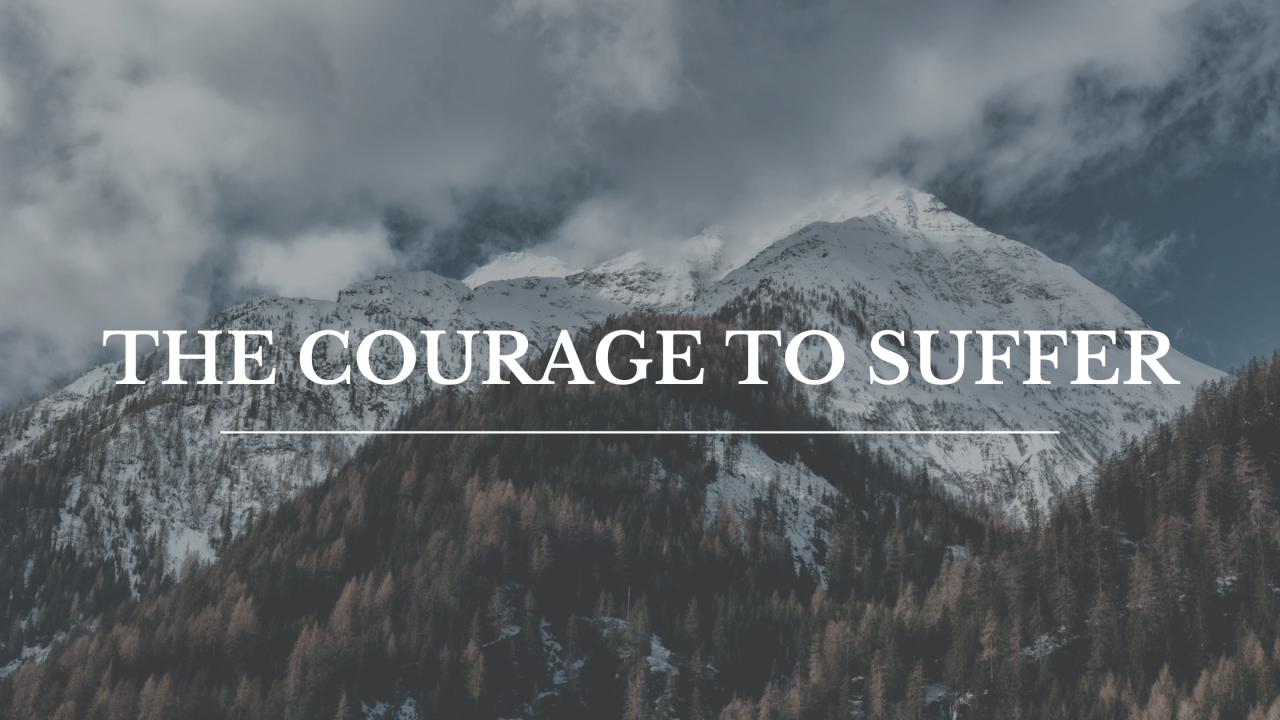
The Courage to Suffer: Healing from Religious Trauma
Many who have experienced spiritual harm mourn not only the loss of faith or community, but also the loss of trust, identity, and a sense of safety. While avoiding the discomfort of grief might feel protective or even instinctive when a loss feels insurmountable, over time it can create a cycle of unprocessed emotions that amplify our struggles rather than resolve them.
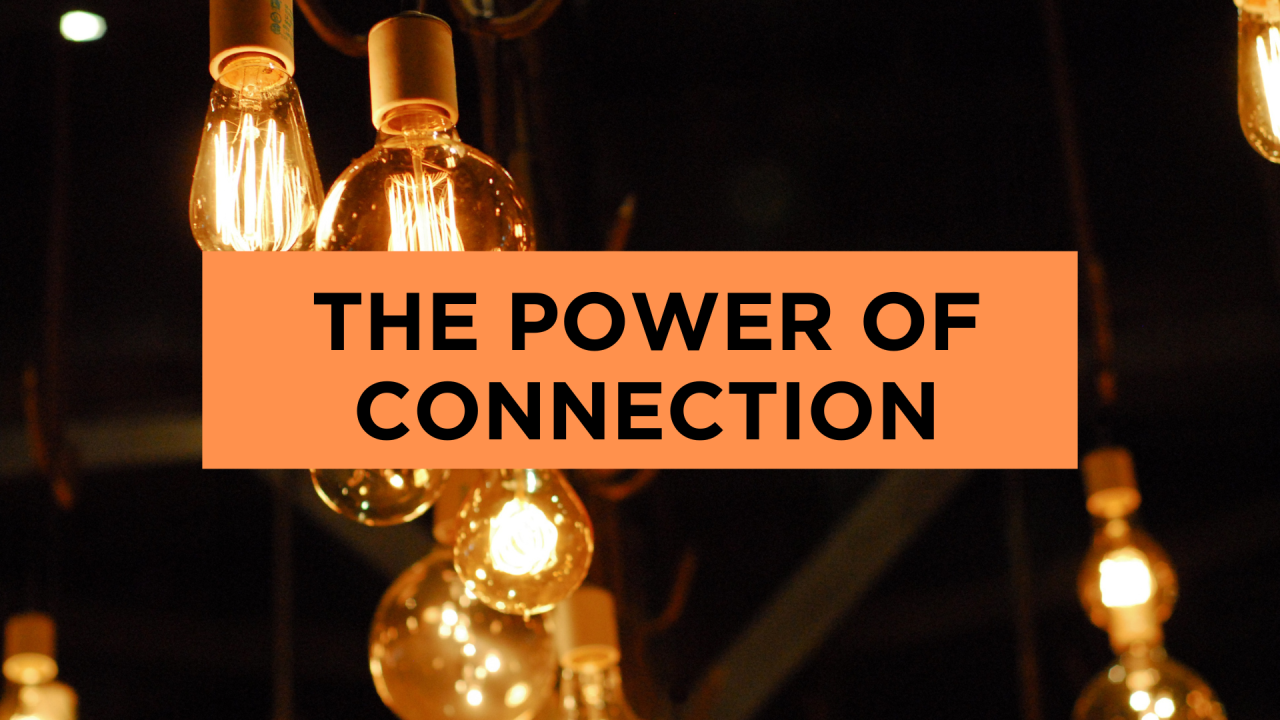
Why Connection is Key to Healing from Porn Addiction
When genuine connection is absent, people often turn to substitutes to fill the void and ease the discomfort of disconnection. Addiction, in this sense, is not merely a chemical dependency or behavioral compulsion; it is a “substitute lifestyle” that temporarily soothes the pain of disconnection. Whether it’s substances, compulsive activities, or even excessive work, these substitutes become a desperate attempt to restore balance in the face of unmet relational needs.

Self-Compassion in Burnout Recovery: A Message to My Future Self
Envision yourself as an older version of who you are now, someone who has gained wisdom, strength, and resilience from decades of experience. This future version of you has perspective, and they understand the struggles you’re facing today. They can look back with empathy, not judgment, and offer you the compassion and support you need right now. What would they tell you in the moment? What would they say to ease your suffering?
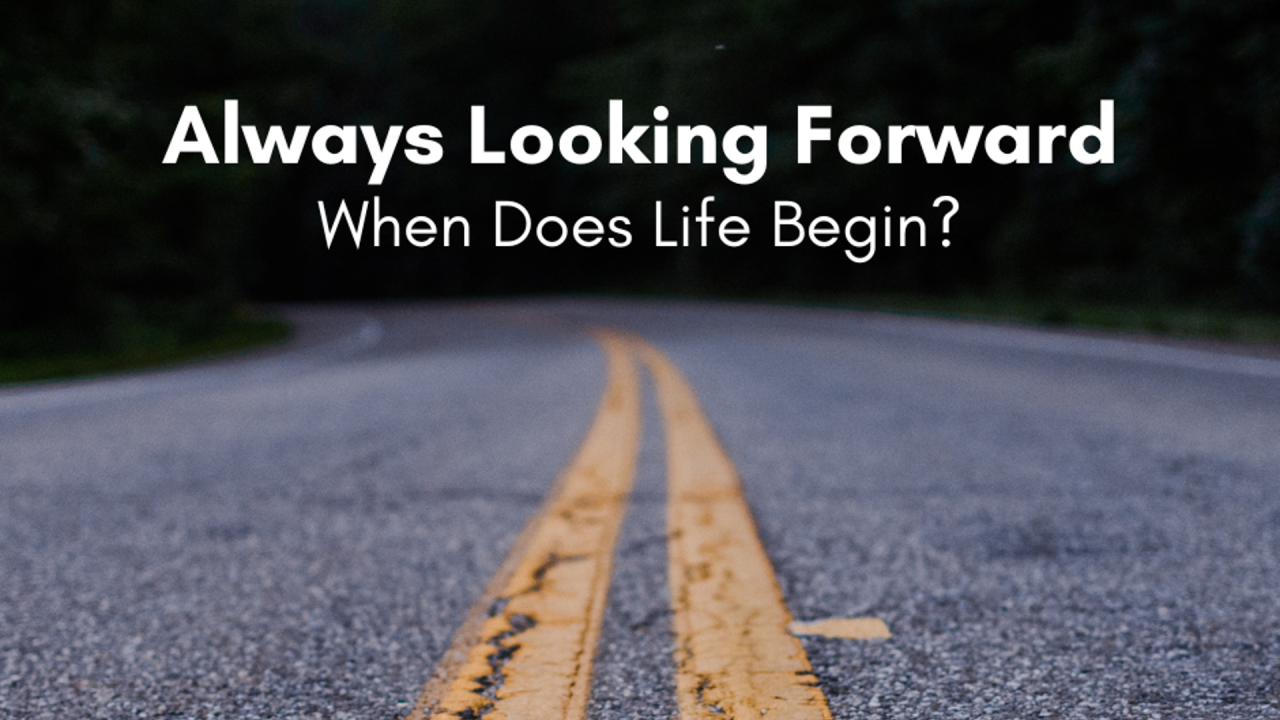
Recovering From School and Career Burnout: When Does Life Begin?
But I’ve learned there's a crucial difference between planning for the future and simply waiting for it to arrive. We all anticipate big life transitions: finishing school, landing that dream job, moving to a new city, potentially starting a family. These are exciting moments that shape our paths. Yet, if we spend too much time fixated on what’s coming, we fall into the trap of thinking, My life will finally start when I get X.